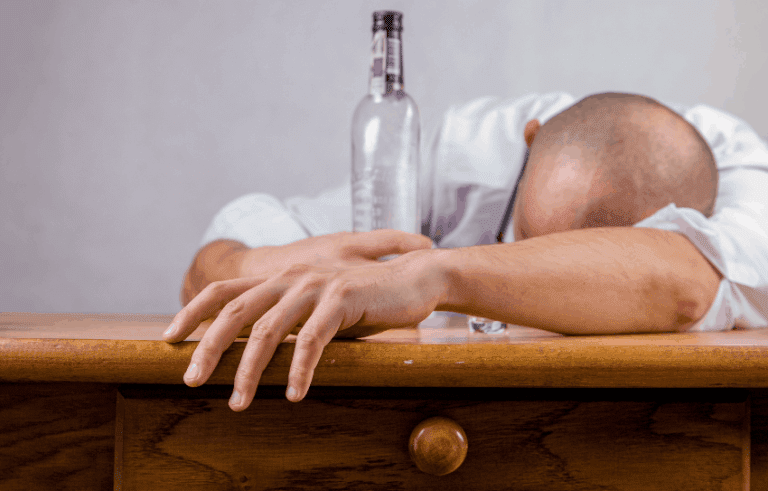Art therapy, which is included under the category of Expression therapy, can be a useful tool for those in the process of recovery to open up about their emotions and provide mental health practitioners with insights into their conditions as well as their progress on the path to sobriety. Research has indicated that art therapy has the ability to reduce symptoms of anxiety and depression. Art therapy is also known to be useful as an outlet for working through trauma which is a prominent issue for those who have had issues with substance abuse.
Many well-regarded treatment facilities such as Knoxville Recovery Center offer art therapy and other expression therapeutic methods as holistic forms of mental health treatment for those in recovery programs. To learn more about the benefits of art therapy, reach out to Knoxville Recovery Center to speak with a specialist who can provide more information about services and programs offered that may be beneficial to you.

Why Art Therapy Works
Art therapy is a creative therapeutic treatment that has been available in the United States for about 50 years since the American Art Therapy Association was established in 1969. Art therapy can include:
- Drawing
- Painting
- Sculpture
Any visual mediums you can imagine have likely been used in one way or another as a creative release. Art therapy has been shown to be useful for individuals who need to reconcile internal emotional conflicts, work on self-awareness, strengthen self-esteem, develop beneficial social skills like patience and perseverance, and learn to better regulate emotions and behaviors.
Other forms of expression therapy can include:
- Drama therapy
- Music therapy
- Writing/poetry therapy
- Dance/movement therapy

Developing healthy ways of self-expression is one of the goals of art therapy. Art allows people to explore personal experiences, challenges, and trauma faced in the past. Art helps people find new perspectives to reflect and find the words to comprehend and verbally articulate feelings and emotions wrapped up in their personal history.
Art therapy is interactive and active in a way that allows for self-actualization. By physically going through the motions of creation there is a sensory experience that can help establish mind-body connections. An overall goal is simply learning to better understand and talk about your experiences in a safe therapeutic setting.
The Benefits of Art Therapy for Depression
The mental health field continues to develop new and innovative ways to treat the whole person. When talking about treating the whole person, the intention is to focus not just on physical health but also on the importance of our psychological well-being. The importance of attention to the mind-body connection is emphasized in art therapy.
Anxiety is often the origin of depression. Those with a Major Depressive Disorder may be clinically depressed, however, others who struggle with Generalized Anxiety Disorder (GAD) may have symptoms of depression, situational depression, or acute depressive episodes, that are the result of their anxiety.
Those suffering from depression may find the art therapy techniques used by trained counselors nurtures a sense of purpose and joy. Art is a healthy outlet for negative thoughts and sadness. Over time, turning to art as a form of self-soothing can help increase emotional health.
From the perspective of a trained art therapist, using expression therapy techniques provides an opportunity to observe a patient’s behavior in a secure medical setting. Over time, this can provide insights into a patient’s core issues and allow for better, more personalized treatment.
Knoxville Recovery Center Can Help
If your or your loved one is struggling with depression, it’s important to know that there is a wide range of treatment options out there. Traditional modes of therapy such as Cognitive-behavioral therapy (CBT) and Dialectical behavior therapy (DBT) can be used in tandem with a more holistic therapeutic technique like art therapy to help get to the root cause of a person’s mental health challenges. It’s essential to remember that help is available and recovery is always possible. We encourage you to reach out to us at Knoxville Recovery Center today to speak with a specialist who can assist you in choosing the ideal programs and services based on individual needs.









